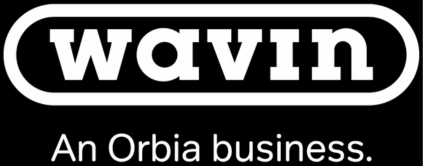
CONFERENCE
Conference Stormwater Poland
When?
09:00 17.04.2024 – 18.04.2024
Where?
Aula Artis, ul. gen. Tadeusza Kutrzeby 10, 61-719 Poznań
Aula Artis
Bilety
Price starting from 1099 PLN net;
registration link
Program
Program Section
Prelegenci
Zobacz wszystkich prelegentów
The address details about transportation and accommodation can be found in the ‘Travel & Accommodation’ section:
Add the event to your calendar:
Event Description
Welcome to the water and sewage industry conference focusing on the future of water engineering and management in the face of climate change. Experts from around the world will share their experiences in managing stormwater, implementing infrastructure projects, and addressing legal and financial issues.
Key Themes
During the conference, key themes will include:
- Strategies for Rainwater: We will delve into a discussion about the goals and methods of detention, retention, and other forms of rainwater utilization, aiming for optimization and protection of water resources.
- Responsibility towards Retained Waters: We will address issues related to the role of water and sewage companies in effective rainwater management. We will answer the question of how rainwater fits into the mission of industry leaders.
- Design, Implementation, and Operation of Green-Blue Infrastructure: Topics related to the role of GBI in rainwater retention, innovation, and their integration with urban ecosystems will find a place here.
You can find the full conference program in the PROGRAM tab.
Conference Schedule
The conference spans two days – from April 17, 2024, to April 18, 2024.
Registration opens at 8:00 AM, and the ceremonial opening starts at 9:00 AM. The substantive part will last until 5:00 PM. Then, at 8:00 PM, there will be a dinner at the Concordia Conference Center, providing an excellent networking opportunity.
The next day, the substantive part will run from 10:00 AM to 5:00 PM.
Networking Opportunities
During the conference, there will be a ceremonial gala as well as coffee and lunch breaks, providing an opportunity for networking and meeting industry professionals. Another effective way to showcase yourself is the exhibition area, where you can explore the offerings of conference partners.































